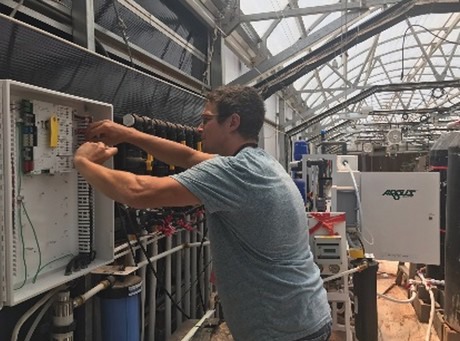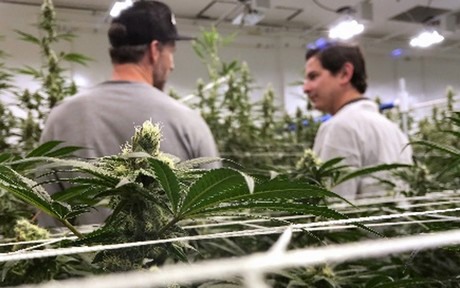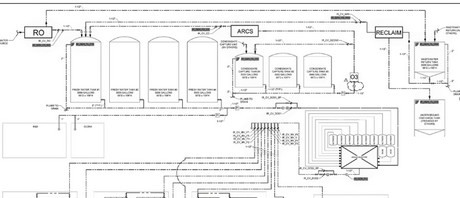“The key for long-term sustainability for the cannabis industry is a keen understanding of the complexity of a cultivation facility and focus on the finished product you wish to deliver to the market. Both of those considerations will drive the design and operations of your facility,” says Mark Doherty, urban-gro executive Vice President of Operations. “One of the things to take into consideration is to build a business for a market that will exist two years from now. Your business model should be based around a category of finished product. Don’t try to be everything to everyone.”
The complexity of large-scale facilities
According to Mark, building any large-scale facility is complex, and therefore markets and regulations will change by the time that construction and start-up is completed. “Indeed, we have seen many in the cannabis industry build for a vertically integrated market. I do not think that the market in two years is going to bear a company that does everything. We need to start specializing.”

This drive for vertical integration has been primarily driven by regulation. Without federal legalization, each state has different set of complex regulations, and some of these require cannabis business to be vertically integrated. Even when not regulated, some operators see vertical integration as a market advantage.
Supply chain segregation
“However, if we look at more mature cannabis markets, California, for instance,” Mark explains. “You see a lot of companies focusing on a specific end product such as clones, veg work, or finished flower.”

Mark believes it is only a matter of time before state laws evolve. “The softening of regulations is inevitable because legislators realize the tax money from cannabis,” he says. “For instance, think of one of the major beer brands. Law does not force them to have their own liquor store. By segregating the supply chain there is going to be more money, which consequentially will create more tax revenue.”
Focus on end-product
urban-gro’s basis of design starts with finished product. “Our approach to facility design is with an eye toward your end goal,” he explains. “Through Cultivation Space Programming, we distill five years of data on design, construction and operations to calculate the people, plants and process of cultivation to design a facility that is competitive in such an ever-evolving market.”

“I truly believe that people with great passion for horticulture and that are willing to get their hands dirty will be successful on the long-term,” he remarks. “Just ensure that you start with a focus on end product and have a team of experts to support your vision to realization for long term success.”
For more information:
urban-gro
720-390-3880
marketing@urban-gro.com
urban-gro.com
